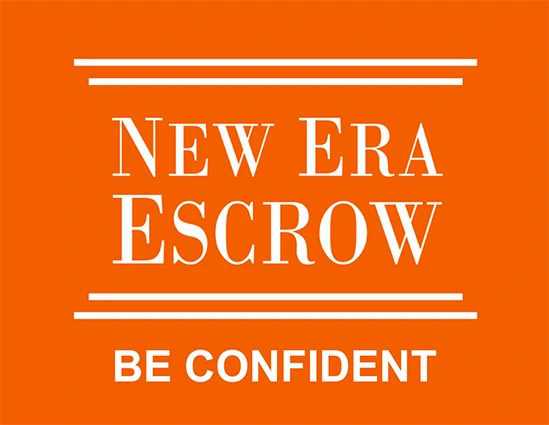
Table of Contents
ToggleShould You Get an Escrow Waiver?
An escrow waiver is an option that some homeowners might consider when managing their mortgage and associated expenses. If you’re unfamiliar with this term, you’re not alone. Understanding what an escrow waiver entails and how it can impact you is crucial for making informed financial decisions. This article will explain the concept of a waiver used in escrow and what it means for you.
What is an Escrow Waiver?
An escrow waiver allows you to opt out of having a portion of your mortgage payment set aside in an escrow account for property taxes and insurance. Instead of the lender managing these payments, you handle them directly. Typically, escrow accounts ensure that property taxes and insurance premiums are paid on time, minimizing the risk of missed payments and potential penalties.
For many homeowners, escrow accounts are a convenient way to manage these periodic expenses. However, opting for a waiver in escrow means you are responsible for paying these bills on your schedule. This choice might appeal to those who prefer more control over their finances or who have the means to manage these payments effectively.
How Does an Escrow Waiver Work?
When you request an escrow waiver, you ask your lender to stop collecting and managing the funds. Instead, you’ll be responsible for paying property taxes and homeowners insurance directly to the respective entities.
Here’s a step-by-step breakdown of the process:
- Request the Waiver: You must formally request a waiver for escrow from your lender. This might involve filling out specific forms or meeting certain criteria set by the lender.
- Review Lender Requirements: Lenders often have specific requirements for granting a waiver. This might include having a certain amount of equity in your home or a clean payment history.
- Manage Payments Independently: Once approved, you’ll start paying property taxes and insurance premiums directly. You’ll need to keep track of these payments and ensure they’re made on time to avoid penalties.
- Monitor Your Budget: Without the escrow account, you must budget carefully to ensure enough funds are available when taxes and insurance are due.
Benefits of an Escrow Waiver
- Increased Control: You have more control over when and how payments are made. This can be particularly useful if you prefer to handle these expenses yourself or have a more effective strategy for managing cash flow.
- Potential Savings: Some lenders reduce your mortgage interest rate or fees if you choose an escrow waiver, as it reduces their administrative burden.
- Flexibility: You can plan and make payments according to your financial situation, allowing you to take advantage of better payment scheduling or investment opportunities.
Drawbacks of an Escrow Waiver
- Risk of Missed Payments: Without an escrow account, you risk missing property tax or insurance payments if you’re not diligent about managing your budget. This can lead to penalties, late fees, or even legal issues.
- Increased Financial Responsibility: Handling these payments directly requires careful financial management and planning. Not being more organized could lead to financial stress or unexpected expenses.
- Lender Restrictions: Not all lenders offer waivers, and some may have stringent requirements. Additionally, if your financial situation changes, you might need help to revert to an escrow account easily.
Is an Escrow Waiver Right for You?
Whether an escrow waiver is right for you depends on your financial situation and preferences. If you’re confident in managing these payments and prefer more control over your finances, a waiver might be a good option. However, if you value the convenience and security of having an escrow account handle these expenses, you should stick with the traditional approach.
Before making a decision, it’s a good idea to consult with your lender and a financial advisor. They can provide insights based on your specific circumstances and help you weigh the pros and cons of an escrow waiver.
Key Takeaways
- Using a waiver for escrow allows homeowners to opt out of having a portion of their mortgage payment placed into an escrow account for property taxes and insurance. Instead, they manage these payments directly, offering more control over their finances.
- The benefits of an escrow waiver include increased control over payment scheduling and potential savings on fees or interest rates. However, it also comes with risks such as the possibility of missed payments, increased financial responsibility, and potential lender restrictions.
- Deciding whether you will use a waiver depends on individual financial situations and preferences. It’s important to evaluate your ability to manage payments and consult with a lender or financial advisor before making the decision.
Share this article in :
